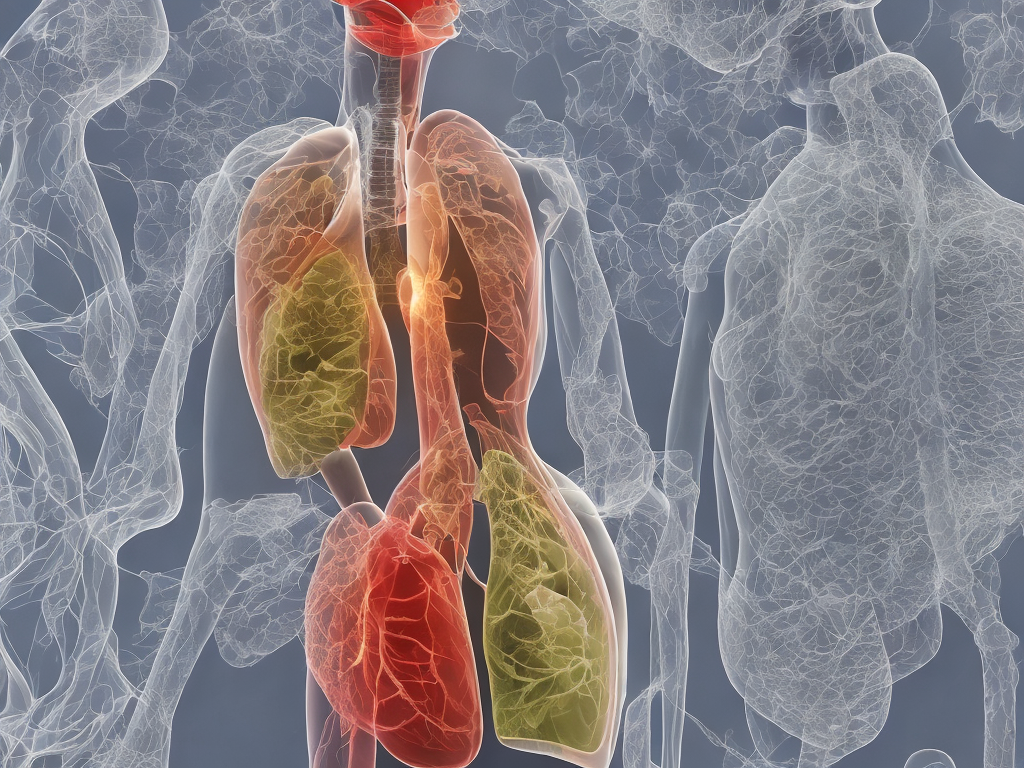
Breathing and respiration are often considered to be the same thing, but they are actually two different processes that work together to help our bodies function properly. While they are both essential for our survival, there are some key differences between the two that are important to understand.
Breathing refers to the movement of air in and out of our lungs. It is the physical act of inhaling oxygen-rich air and exhaling carbon dioxide-rich air. Breathing is a vital part of our everyday lives, and we do it without even thinking about it most of the time.
On the other hand, respiration refers to the chemical reactions that occur in our cells to produce energy. It is the process by which our body breaks down glucose molecules, releasing energy that is used to power our cells. Respiration occurs in the mitochondria of our cells, and it is a complex process that involves a series of chemical reactions.
The main difference between breathing and respiration is that breathing is a physical process, while respiration is a chemical process. Breathing allows us to bring in oxygen-rich air, which is then transported to our cells through our bloodstream. Respiration then takes over, breaking down glucose molecules to release energy that can be used by our cells.
Another key difference between breathing and respiration is that breathing is a voluntary process, while respiration is involuntary. We can control our breathing to some extent – for example, by taking deep breaths or shallow breaths. However, we cannot control the process of respiration. It happens automatically, without us even being aware of it.
Breathing and respiration are also regulated by different parts of our nervous system. Breathing is controlled by the respiratory center in our brainstem, which sends signals to our diaphragm and other muscles to control our breathing rate and depth. Respiration, on the other hand, is regulated by a complex feedback system involving our nervous system, hormones, and other factors.
There are many factors that can affect our breathing and respiration, including exercise, stress, illness, and environmental factors like altitude and pollution. Exercise, for example, can increase our breathing and respiration rate as our body requires more oxygen to produce energy for our muscles. Stress, on the other hand, can cause us to breathe more shallowly or hold our breath, which can affect our respiration and energy production.
In summary, breathing and respiration are two different processes that work together to help our bodies function properly. Breathing refers to the physical act of inhaling and exhaling air, while respiration refers to the chemical reactions that occur in our cells to produce energy. While they are both essential for our survival, there are some key differences between the two that are important to understand.
 Self-Instruct
Self-Instruct